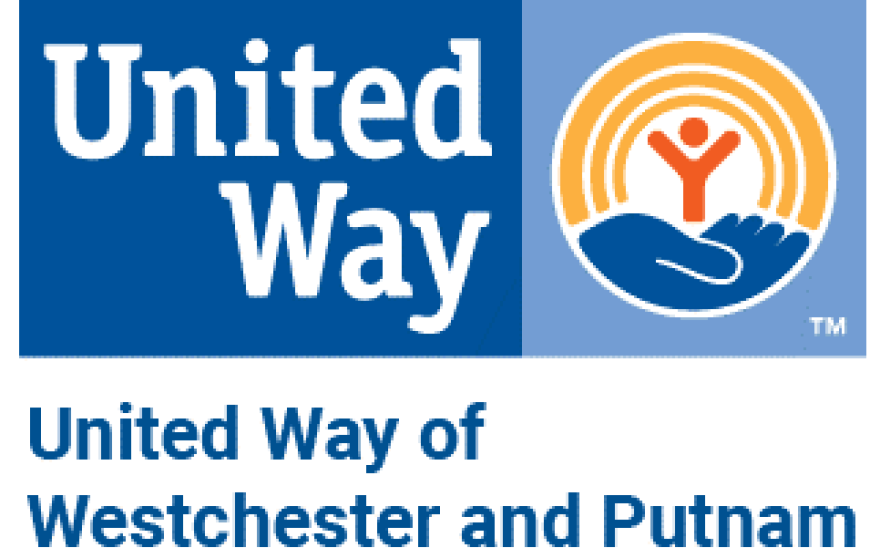The Trump administration announced this week that it would be withholding more than $6 billion in previously approved federal funding for after school and summer programs. That leaves agencies across the Capital Region and down in the Hudson Valley scrambling to keep services afloat as the summer programming heats up.
Tom Gabriel, President and CEO of United Way of Westchester and Putnam counties, issued a statement almost immediately: As a result of federal claw backs announced Monday, the organization’s $1.2 million in pre-approved funding was at risk.
That hit Chief Impact Officer Faith Ann Butcher, who runs three United Way after school programs in Ossining, Greenburgh and Tarrytown, particularly hard.
She says her programs, which serve 600 students a year, including in the summer, are in year four of a five-year grant cycle under the federally funded 21st Century Learning Program. If that funding disappears, families could have to bear the cost – which may not be possible for many.
"It will cost parents thousands of dollars per child if they have to actually put their children in a paid after-school program," said Butcher. "And you know, and you lose the continuity, because we partner with our school districts to make sure that we can reinforce what they're learning during the day."
Butcher says the agency will continue to do what it can with existing resources to keep its programs running.
Leaders of many other entities say they are in a similar situation.
Albany Mayor Kathy Sheehan says city programs geared toward helping working families and low-income youth are in jeopardy.
"We may have to rethink how and what we're able to offer in the city of Albany. The programs that we use to help fund our Summer Youth Employment Program are on the chopping block. These are programs that help us and offset the funding that we pay to very low income young people from very low income families, and so we use some of our city property tax dollars to fund our Summer Youth Employment Program," Sheehan said.
If federal funding disappears, programs will have to rely more heavily on other sources, such as state money. This year, New York is distributing $56.5 million dollars to designated districts based on the number of 12-17 year olds in low-income households to pay for after-school and summer initiatives.
Alyzza Ozer is CEO of the Boys & Girls Club of Northern Westchester, where 70% of the families live at or below the federal poverty level. She says the latest federal funding uncertainty comes as the club is already dealing with recent changes to state funding.
"Unfortunately, in spite of the fact that Mount Kisco Elementary School is Title One that Bedford Central School District has over 70% of their families eligible for free lunch," Ozer said. "The Boys and Girls Club of Northern Westchester lost eligibility to apply for New York State, what they refer to as LEAPS funding because adjacent real estate values were folded in so myopically for our club, that represents about five to $6 million in a loss of support from the state, which we've been struggling with for the last year."
Still, Ozer says losing more funding won't stop the 85-year-old club, which plans to step up its fundraising efforts by reaching out to more people, family foundations and corporations for support.
"You have to re-evaluate, you have to pivot, and you have to analyze how you're going to go forward, portfolios that have significant government allocations are going to be in serious trouble," said Ozer.
Belinda Washock a spokesperson for Girls Inc. of the Greater Capital Region, says her organization isn’t impacted by federal cuts – for now. But she said she worries about how the community may be affected.
"At this time Girls Inc. of the Greater Capital Region is not directly impacted by the federal funding cuts, as we do not currently receive federal funds. So while there is no immediate loss to our programs, we recognize the impact these cuts may have on local organizations that of course support youth and marginalized communities," Washock said.
New York Rep. Paul Tonko, of the 20th district, questions the intent of the Trump administration’s planned funding recission.
"When you look at this whole scenario, we began this whole budget year with getting rid of waste, fraud and abuse. Did we do that? No, we cut programs. We didn't make them better, we didn't even make them worse. We just cut them, and we fired people, and we laid people off, and so now those services aren't available, and now we've wrecked that system," Tonko said.
The Trump administration said the funds are under review.





